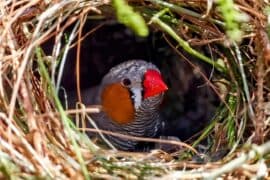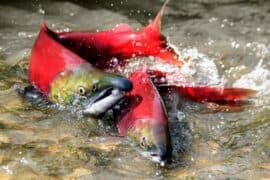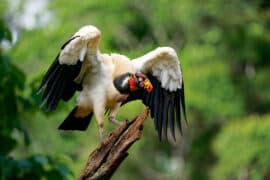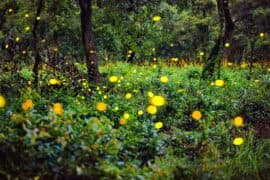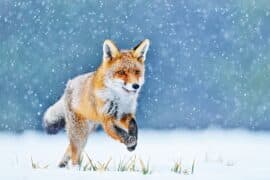Wood thrush
(Hylocichla mustelina)
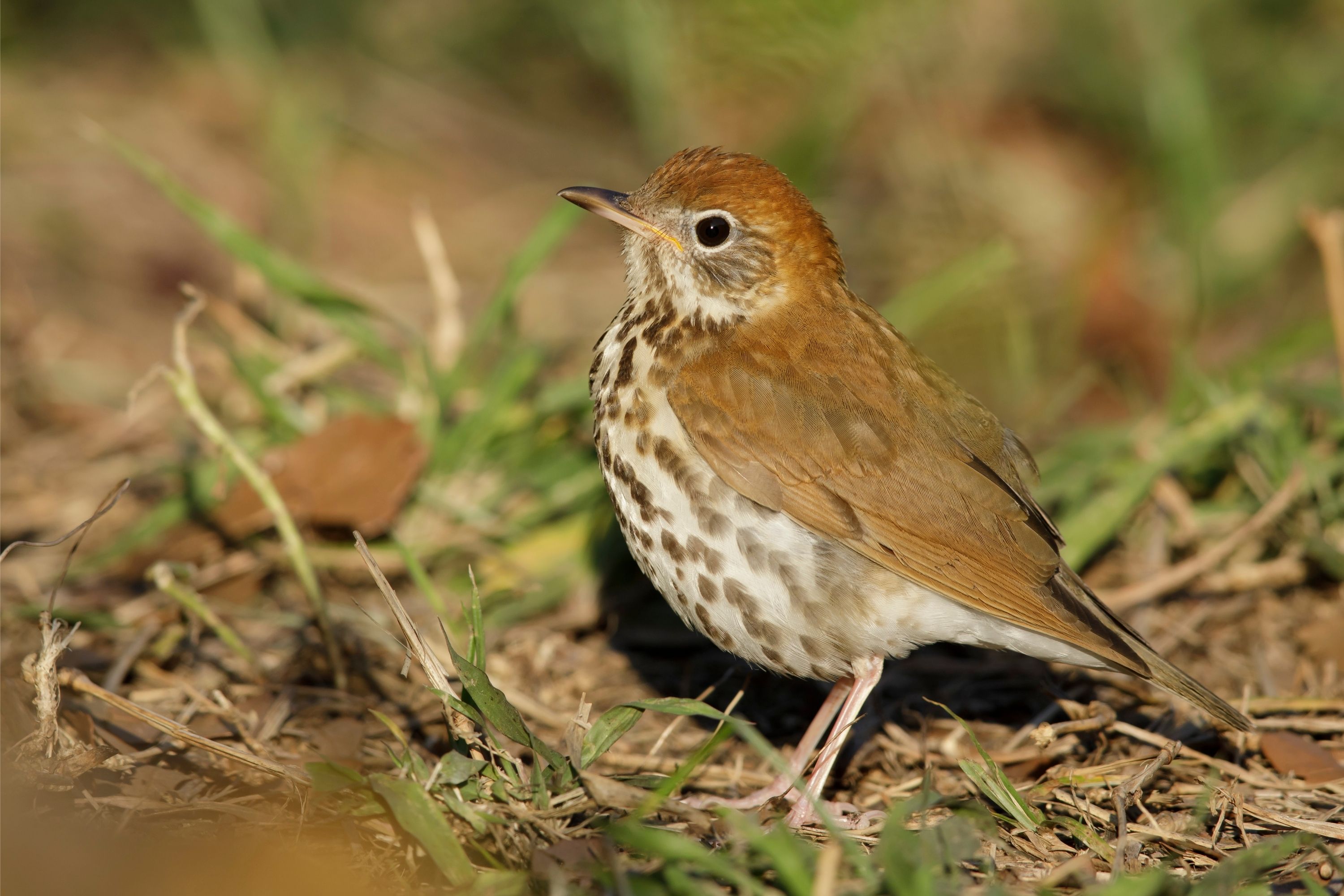
Description
The wood thrush (Hylocichla mustelina) is a North American passerine bird. It is closely related to other thrushes such as the American robin and is widely distributed across North America, wintering in Central America and southern Mexico. The wood thrush is the official bird of the District of Columbia. The wood thrush is a medium-sized thrush, with brown upper parts with mottled brown and white underparts. The male and female are similar in appearance. The song of the male is often cited as being the most beautiful in North America. The wood thrush is an omnivore, and feeds preferentially on soil invertebrates and larvae, but will also eat fruits. In the summer, it feeds on insects continuously in order to meet daily metabolic needs. It is solitary, but sometimes forms mixed-species flocks. The wood thrush defends a territory that ranges in size from 800 to 28,000 m2 (960 to 33,490 sq yd). The wood thrush is monogamous, and its breeding season begins in the spring; about 50% of all mated pairs are able to raise two broods, ranging in size from two to four chicks. The only member of the genus Hylocichla, the wood thrush was described by German naturalist Johann Friedrich Gmelin in 1789. The specific name comes from the Latin mustela "weasel". It is closely related to the other typical American thrushes of the genus Catharus, and is sometimes merged into that genus. It has been considered close to the long-distance migrant species of that genus, as opposed to the generally resident nightingale-thrushes, but this appears to be erroneous. The wood thrush also appears to be fairly closely related to the large Turdus thrushes, such as the American robin. "Wood thrush" is the official name given to this species by the International Ornithologists' Union (IOC).
Taxonomic tree:


